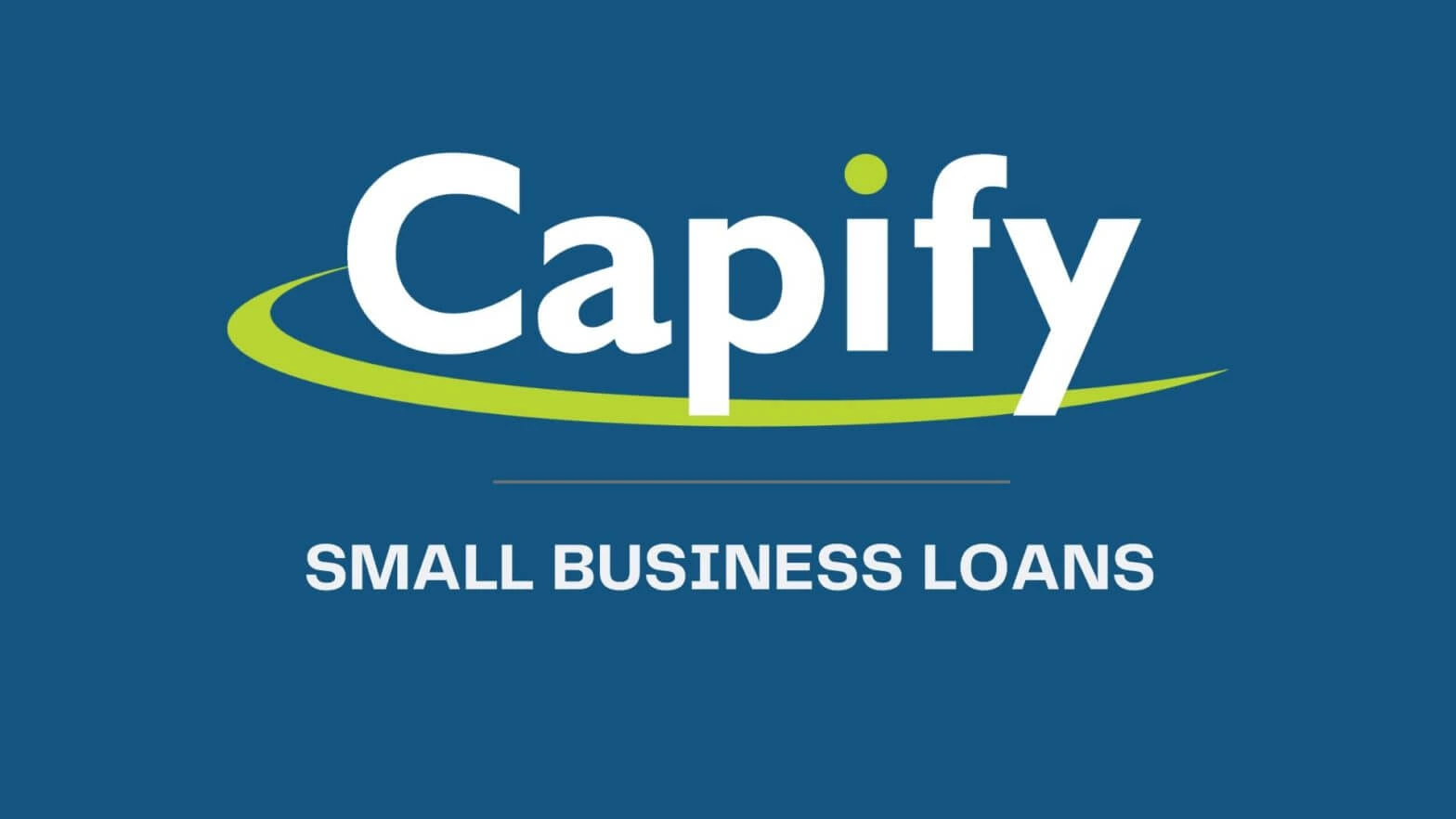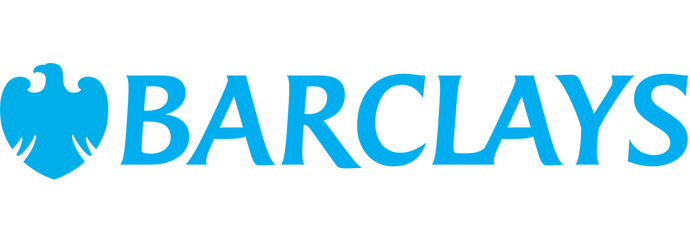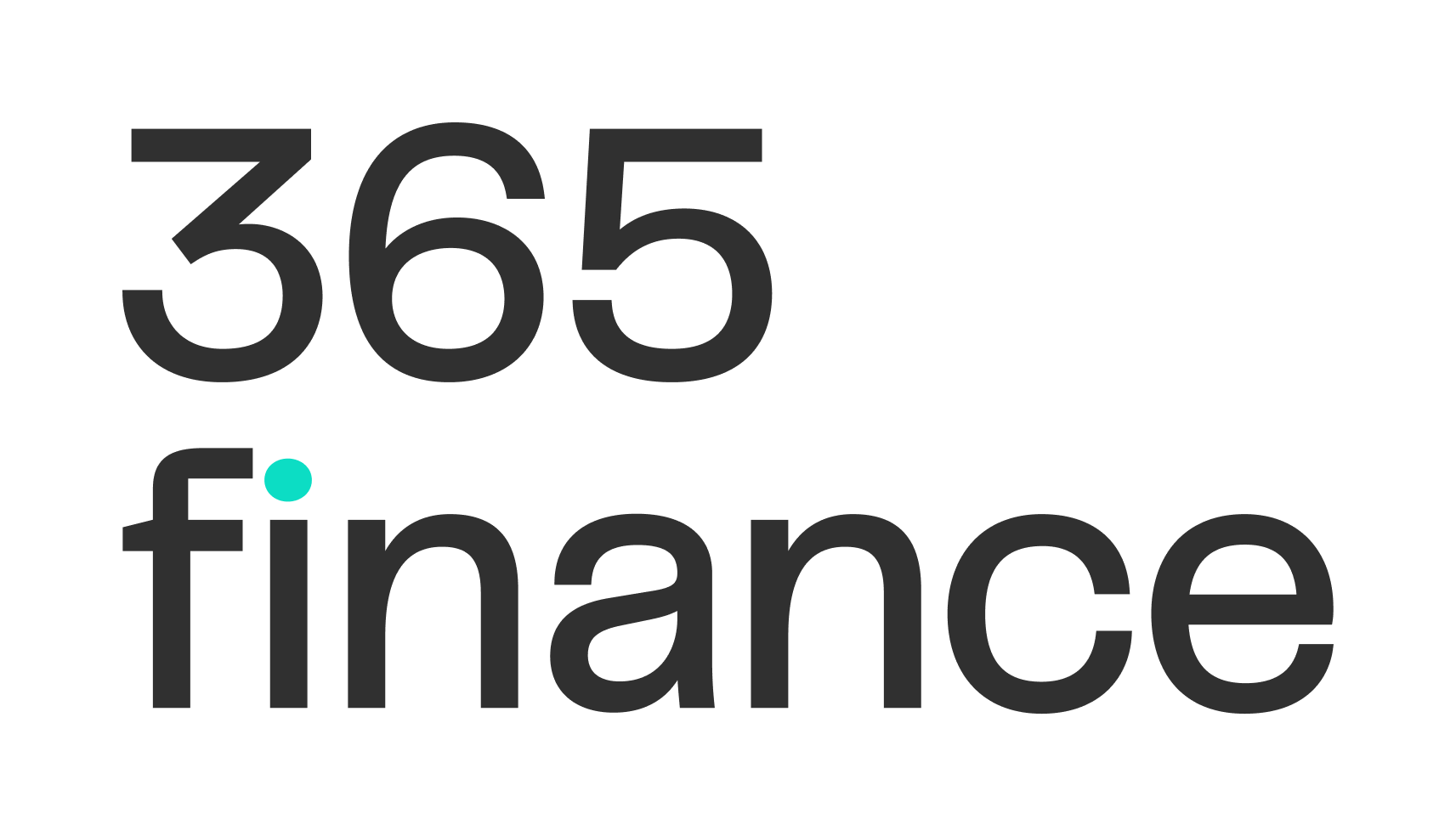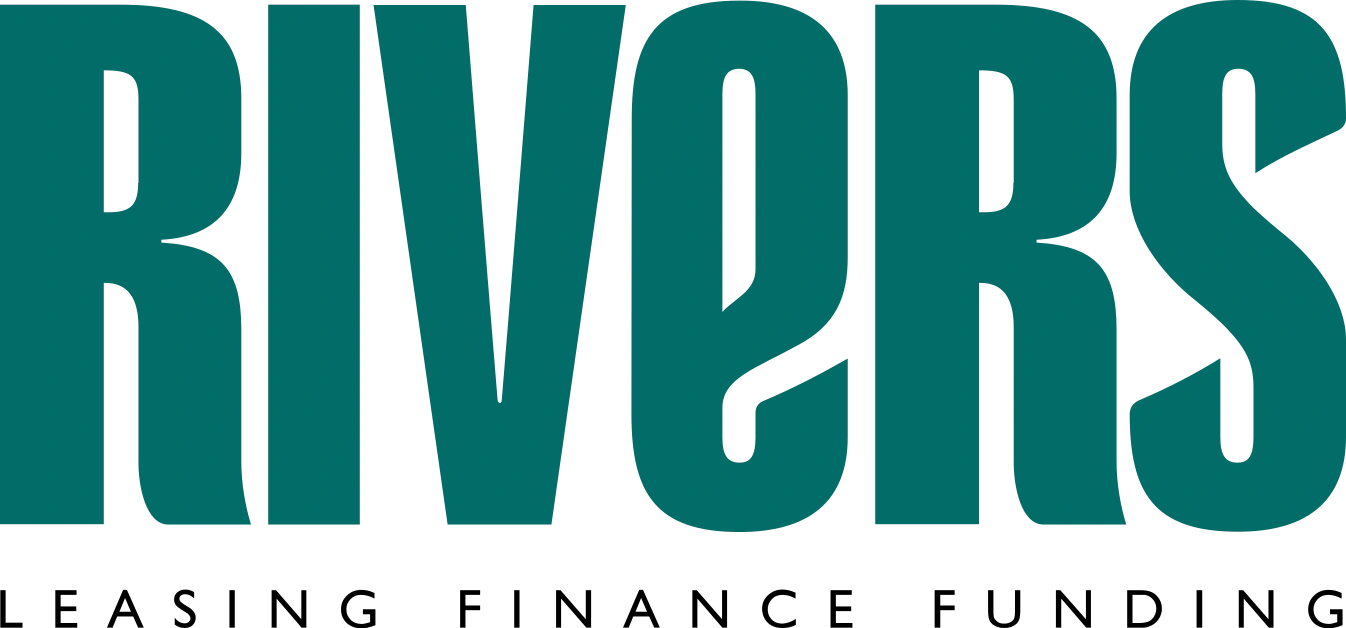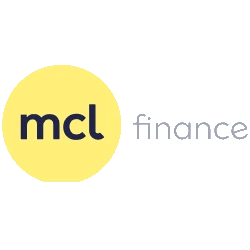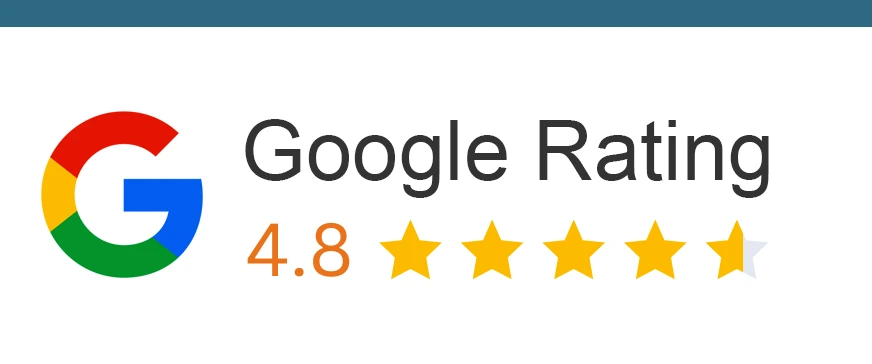Commercial Property and Real Estate Assets
Commercial property represents the most widely accepted and valuable form of security for business loans. The UK commercial property market continues to play a crucial role in business finance, with commercial property lending remaining a cornerstone of the secured lending market across all economic cycles.
Types of Commercial Property Security:
•Office buildings and business premises
•Industrial units and manufacturing facilities
•Retail properties and shopping centres
•Warehouses and distribution centres
•Development land with planning permission
•Investment properties generating rental income
Commercial property security typically enables loan-to-value ratios of 70-80%, with some specialist lenders advancing up to 85% for prime properties in excellent locations. The stability and tangible nature of property assets make them highly attractive to lenders, often resulting in the most competitive interest rates available in the secured business loan market.
Residential Property as Business Security
Many business owners utilize residential property, including their primary residence, as security for business loans. This approach can unlock substantial equity for business purposes while maintaining competitive interest rates. However, using residential property as business security requires careful consideration of the personal risks involved, particularly the potential impact on family housing security.
Residential Property Security Options:
•Primary family residence
•Buy-to-let investment properties
•Holiday homes and second properties
•Inherited properties with clear title
•Properties owned jointly with spouses or partners
Residential property typically enables higher loan-to-value ratios than commercial property, often reaching 85-90% of current market value. However, lenders may apply more stringent affordability criteria when residential property is used for business purposes, ensuring that business cash flows can adequately service the debt without relying on personal income.
Business Assets and Equipment Finance
Business assets provide another valuable category of security for commercial loans, particularly for businesses with substantial equipment, machinery, or vehicle fleets. Asset-based lending has grown significantly in recent years, with businesses increasingly recognizing the value locked within their operational assets.
Equipment and Machinery Security:
•Manufacturing equipment and production machinery
•Construction plant and heavy machinery
•Agricultural equipment and farming machinery
•Medical equipment and diagnostic machinery
•Technology infrastructure and computer systems
•Specialized industry-specific equipment
Equipment finance typically enables loan-to-value ratios of 60-70% of current market value, though this can vary significantly based on the age, condition, and marketability of the assets. Lenders prefer equipment with strong residual values and active secondary markets, ensuring they can recover their investment if repossession becomes necessary.
Commercial Vehicle and Fleet Finance
Commercial vehicles represent an increasingly popular form of security for business loans, particularly for businesses operating substantial fleets or expensive specialized vehicles. Vehicle finance can be structured as traditional secured loans or through hire purchase and finance lease arrangements.
Vehicle Security Options:
•Heavy goods vehicles and articulated lorries
•Commercial vans and delivery vehicles
•Construction and agricultural vehicles
•Passenger transport vehicles and coaches
•Specialized vehicles and mobile equipment
•Company car fleets and executive vehicles
Commercial vehicle finance typically enables loan-to-value ratios of 70-80% of current market value, with newer vehicles commanding higher percentages. Lenders often prefer vehicles under five years old with comprehensive service histories and appropriate insurance coverage.
Stock, Inventory, and Working Capital Assets
For businesses with substantial stock holdings or valuable inventory, these assets can provide security for working capital loans and cash flow finance facilities. Stock finance enables businesses to leverage their inventory investments to access additional funding for growth or operational needs.
Inventory Security Types:
•Raw materials and component stock
•Work-in-progress inventory
•Finished goods and retail stock
•Seasonal inventory holdings
•Precious metals and commodity stocks
•Intellectual property and patents
Stock finance typically enables loan-to-value ratios of 50-60% of current inventory value, though this varies significantly based on the nature, marketability, and shelf life of the stock. Lenders prefer fast-moving inventory with established markets and minimal obsolescence risk.









